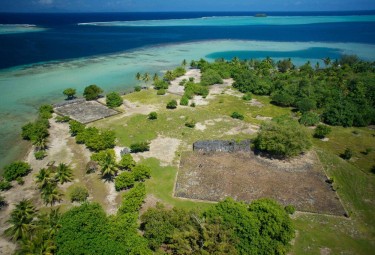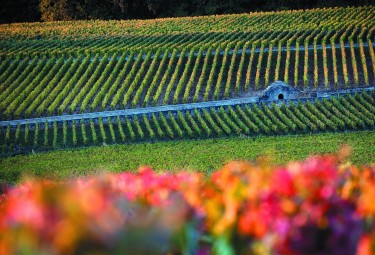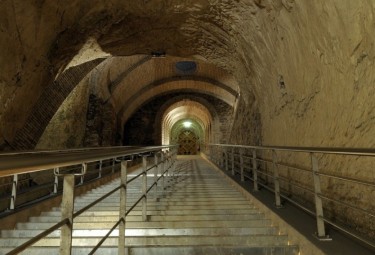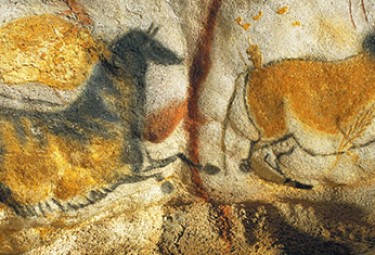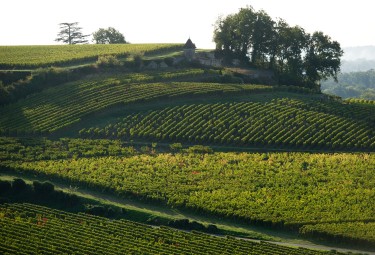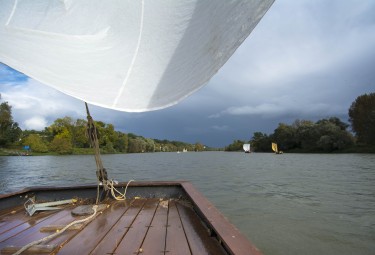The Causses and the Cévennes, Mediterranean agro-cultural landscape
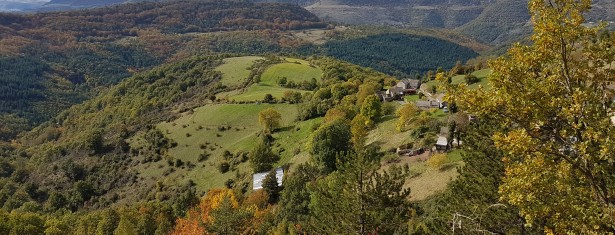
Summary
The landscape of the high terraces of the Causses has been shaped by agro-pastoralism over a period of three thousand years. During the Middle Ages, the development of towns in the neighbouring Mediterranean plains, and more particularly the growth of religious institutions, led to the development of an agrarian system based on agro-pastoralism whose basic structure can still be seen today. Too poor for the construction of towns, too rich to be abandoned, the landscape of the Causses and the Cévennes is the result of the modification of the natural environment by agro-pastoral systems that were used for a thousand years. Almost all the types of pastoral organization found around the Mediterranean (agro-pastoralism, silvi-pastoralism, transhumance and sedentary pastoralism) can be seen in these two regions. The area has remarkable vitality due to the strong revival of agro-pastoral systems, and it is an important and viable example of Mediterranean agro-pastoralism. It should be preserved to counter the threats arising from the social, economic and environmental problems facing this type of landscape throughout the world. From a historical point of view, the Causses and the Cévennes have retained many features showing how their pastoral societies evolved over several centuries. The built heritage, landscape features, and intangible values of the site, reflecting traditional pastoralism, will be preserved thanks to the current revival of agro-pastoralism.
Criteria
Criterion (iii): The Causses and Cévennes area is an outstanding example of a type of Mediterranean agro-pastoralism. This cultural tradition, based on social structures and distinctive local breeds of sheep, is reflected in the structure of the landscape, notably the farmhouses, settlements, fields, water management, drailles (the drove routes) and common grazing land, and the way these have evolved, particularly since the 12th century. Agro-pastoralism is a living tradition which has been revitalized in recent decades.
Criterion (v): The Causses and the Cévennes epitomize Mediterranean agro-pastoralism with a way of life that is representative of south-west Europe. The landscape bears witness to the way the system has developed over several centuries.
- Année d'inscription : 2011
- Critères d'inscription : iii, v
- Superficie du bien inscrit : 302 319 ha
- Localisation : Departments of l'Aveyron, of Gard, of l'Hérault and Lozère ; Region of Occitanie
- Coordonnées DMS : N44 13 13 E3 28 23
- Registration year : 2011
- Registration criterion : iii, v
- Area of the inscribed : 302 319 ha
- Location : Departments of l'Aveyron, of Gard, of l'Hérault and Lozère ; Region of Occitanie
- Coordinates DMS : N44 13 13 E3 28 23

